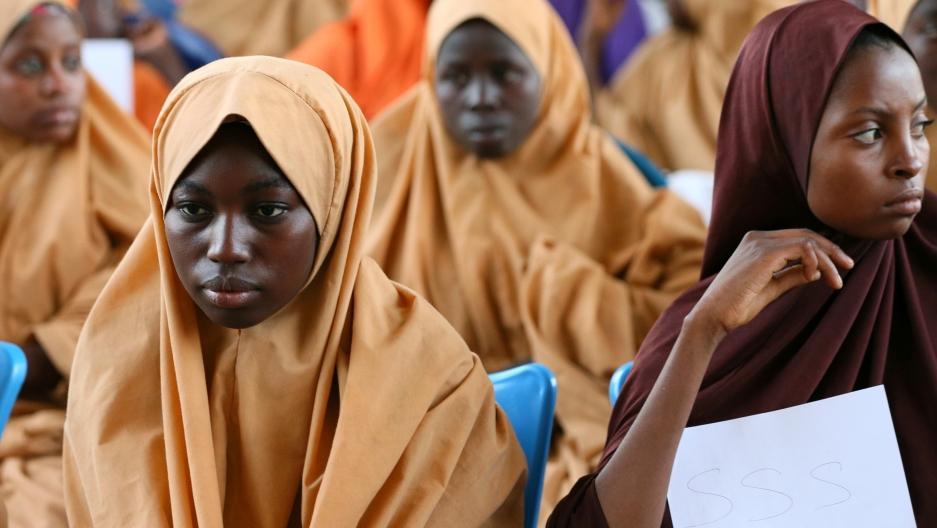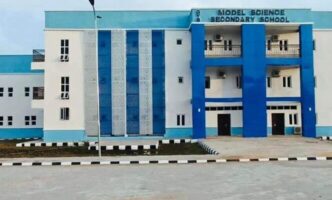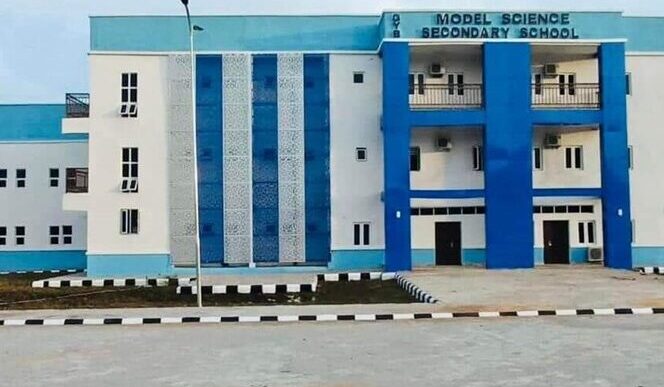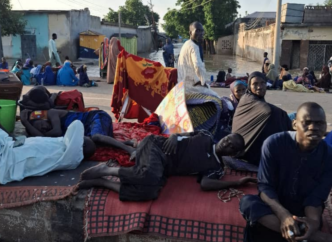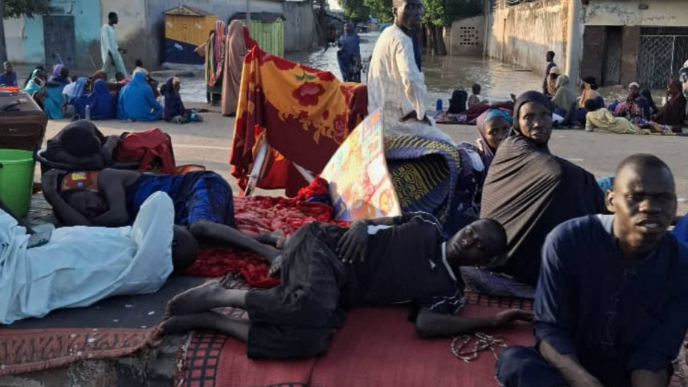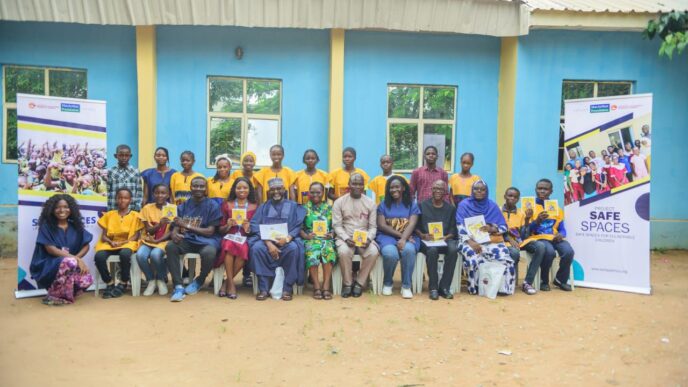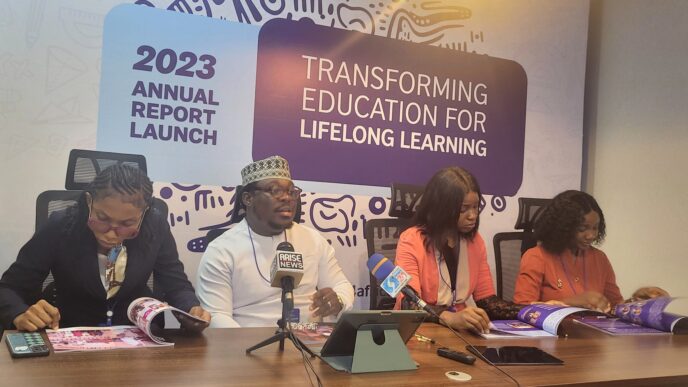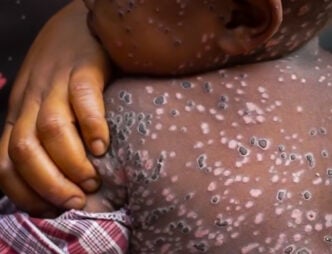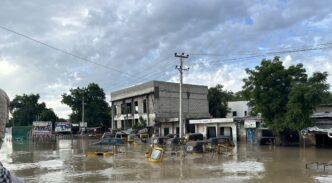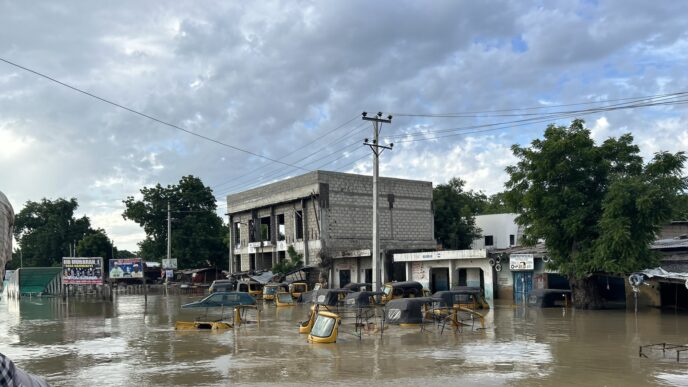Save the Children International (SCI) has called on the Nigerian government to hasten the implementation of the Safe Schools Declaration.
The Safe Schools Declaration is an inter-governmental political commitment that was opened for endorsement by countries at an international conference held in Norway in 2015.
The declaration makes countries commit to the protection of students, teachers, and schools during armed conflict to guarantee the continuation of education.
Nigeria ratified the declaration in 2019 but there are concerns that the country has yet to fully implement its provisions nationwide.
Advertisement
In a statement commemorating the International Day to Protect Education from Attack, the SCI highlighted the effects of conflict on the education of young children in Nigeria.
The group said attacks on schools have increased “due to the presence of non-state armed groups” in Nigeria in the last two years.
It said attacks on schools jeopardise children’s access to safe education, force them into early marriages, and cause psychological problems for mostly girls.
Advertisement
The long-term effect of attacks on schools, it stated, hurts society’s human capital development.
Madina Abdulkadir, an SCI champion, said education is a key component for children to attain their other human rights.
She called on stakeholders to take collective responsibility for guaranteeing the child’s rights regardless of circumstances.
Duncan Harvey, Save the Children country director in Nigeria, said SCI’s mission is to ensure learning continuity for children in conflict zones.
Advertisement
He said the organisation is committed to improving literacy, numeracy skills, and support for teacher well-being.
The group called for a comprehensive adoption and implementation of the National Policy on Safety, Security, and Violence-Free Schools across all 36 states and the Federal Capital Territory (FCT).
By joining the Safe Schools Declaration, states formally endorse the guidelines for protecting schools and universities from military use during armed conflict.
They commit to bringing them into domestic policy and operational frameworks as far as possible and appropriate.
Advertisement
The declaration also contains several other commitments aimed at strengthening the prevention of and response to attacks on education during armed conflict.
These include collecting reliable data on attacks and military use of schools and universities, providing assistance to victims of attacks, investigating allegations of violations of national/international law, and prosecuting perpetrators where appropriate.
Advertisement
Other guidelines are developing a conflict-sensitive approach to education and supporting the UN’s work on the children and armed conflict agenda.
Advertisement
